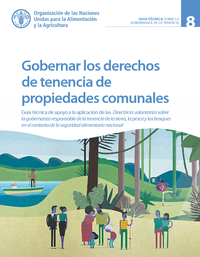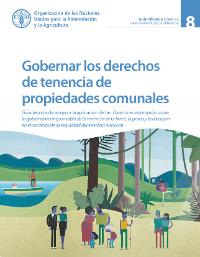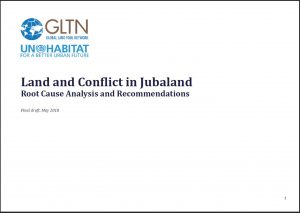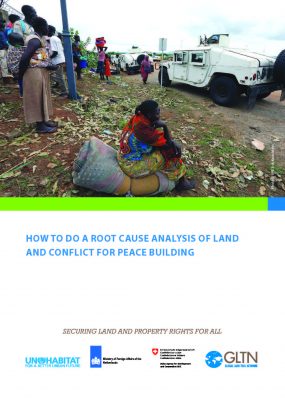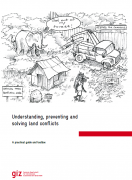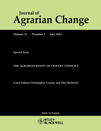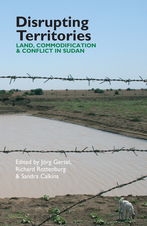Gobernar los derechos de tenencia de propiedades comunales
Millones de personas de todo el mundo dependen de recursos naturales, como la tierra, la pesca y los bosques, que se utilizan de manera colectiva como propiedades comunales. Estas son fundamentales para la cultura, el bienestar y la identidad cultural. Como fuente de alimentos e ingresos, constituyen una importante red de seguridad, en particular para las personas más vulnerables y marginadas.

